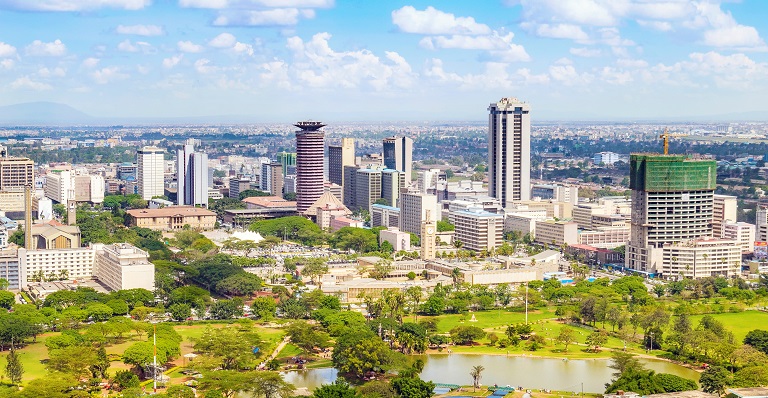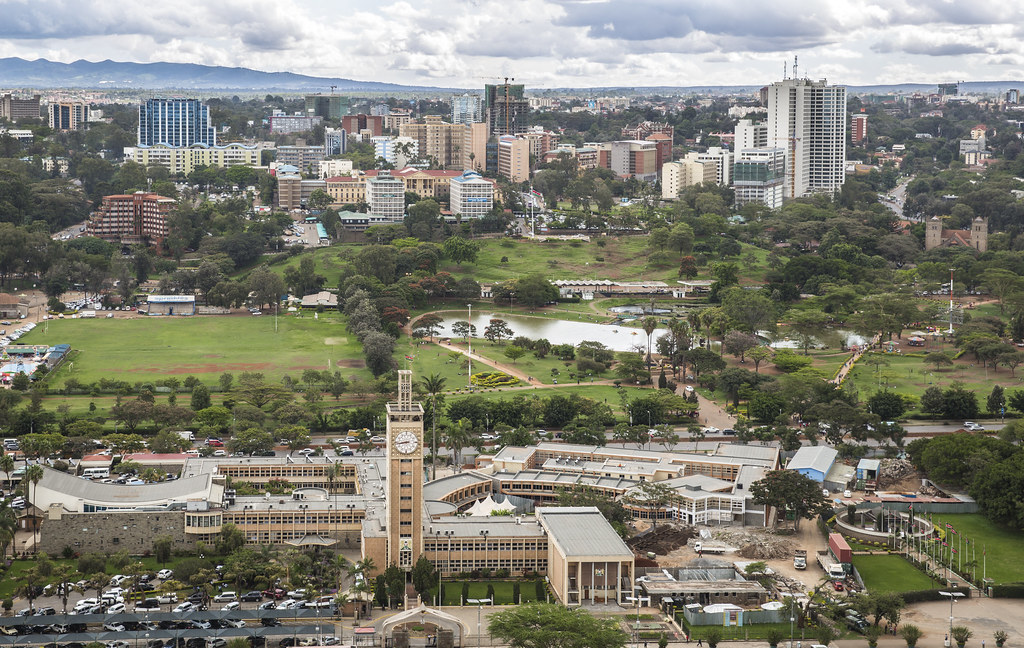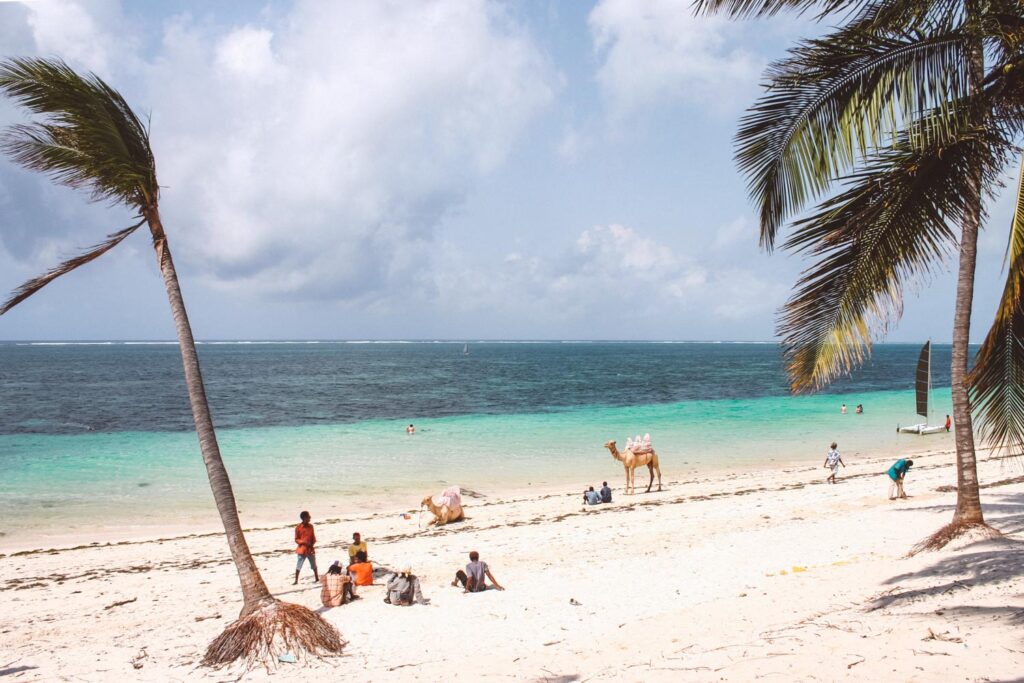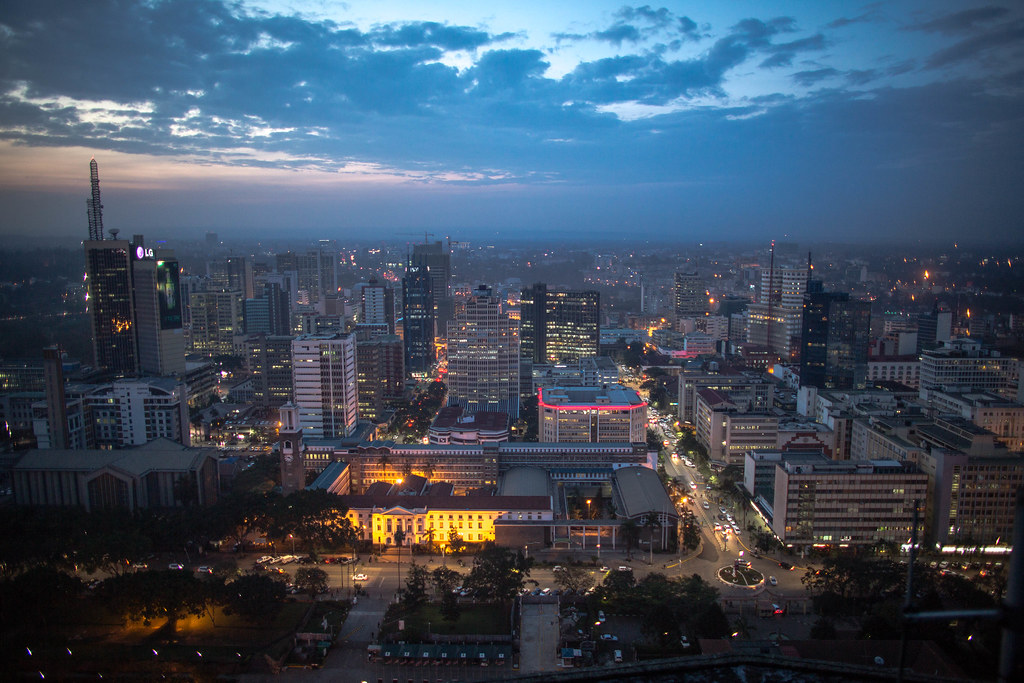Moving To Kenya Expat Guide – that will be the topic of today’s article.
Before introducing this article, if you are interested in our core services which are expat financial, insurance and mortgages, you can contact me here.
The best time to consider your financial situation is when you are moving to a new country.
Introduction
The process of moving to Kenya can be a daunting one for those who have never been there before. As discussed in our previous post about living in Kenya as an expat, many things need to be arranged. From finding accommodations and schools to learning how to use the currency and transportation system, the benefits of moving to Kenya as an expat cannot be overemphasized today.

Fortunately, it’s not as tough as it sounds. Kenya is a beautiful country located in East Africa with several distinct regions. Aside from this fact, the country is a tourist destination known for its wildlife, safari experiences, and white beaches. However, it also offers comfortable homes in beautiful landscapes appealing to expatriates from all backgrounds.
In this article, we will cover some of the most important aspects of moving to Kenya so that you can prepare yourself accordingly before taking the big step. Not only is that, but we will walk you through the tips or guides to know before moving to Kenya as an expat. Would you love to check? Read further!
Flight Arrangements
The first thing expats will need to do is make flight arrangements to Nairobi, Kenya’s capital city and largest metropolitan area. Most flights from the United States will connect through Europe or the Middle East as there are no direct commercial flights from America to Kenya.
A passport will be required for all flights. More so, expatriates who are joining family members already living in Kenya should not have any issues with arrangements. This is because; their loved ones might have filed the appropriate paperwork to sponsor them.
If you are moving to Kenya alone, there are several ways to go about making flight plans. You can book a round-trip ticket or purchase a one-way ticket to obtain a visa at the airport. The second option is not recommended for those who are new to international travel.
And this is because; it will be more difficult to persuade immigration officials that you intend on returning home after your trip. The most popular way to book flights is by utilizing Expedia, Orbitz, or Kayak, which allow you to quickly and easily compare prices and locations.
Accommodations

When moving to Kenya, it’s important not to get discouraged after looking at rental listings in Nairobi. The cities of Mombasa and Nakuru are much more affordable for expatriates on a budget, although there will be fewer job opportunities in those areas.
Regardless of location, you will find that there are plenty of rental options on the market. Accommodations range from luxurious apartments to tiny bungalow houses situated in rural regions. That being said, there might even be a few opportunities for furnished rentals advertised by vacationers looking to earn some extra money while they travel.
Currency Exchange
Although Kenya was part of the East African Community until recently, it is still considered a member of the Common Monetary Area (CMA). This means that all six countries share the same currency and exchange rates. For simplicity’s sake, we will use Kenya Shillings (KES) in this article though Tanzania, Uganda, and Rwanda also comprise the CMA.
Kenya’s currency is relatively stable and enjoys a floating exchange rate with the U.S. dollar, which remains relatively steady throughout the year. This makes it an attractive market for those looking to invest in real estate as well as those planning to send money back home to families and friends abroad.
Transportation
When moving to Kenya, one of the first things you’ll need to do is obtain a Kenyan driver’s license. And this is solely because; international licenses are not honored in the country, and expatriates will need to take a written test as well as a driving test at their local transport authority.
Getting around Nairobi is fairly easy as there are extensive networks of taxis offering affordable rates for expatriates on a budget. However, those with more expendable income might enjoy the convenience of owning an automobile. Besides, this can be purchased in Kenya without too many headaches.
For most expatriates living in Kenya’s major cities, public transportation will not be their main source of getting around. The most popular way to get around Nairobi and Mombasa is by matatu, a type of van that has significantly evolved since its early days.
Changing over your currency into Kenyan shillings can be done at virtually any bank or retail location. ATMs are located throughout the country and offer an easy way for expatriates to withdraw Kenyan shillings at their convenience.
Food & Groceries
One challenge expatriates face when moving to Kenya is finding the right grocery stores. Most large chain retailers will not be available, and independent shops might not extensively select goods. This can be problematic for those living in rural areas or smaller towns as it’s often necessary to travel a significant distance just to purchase necessities like toothpaste and toilet paper.
Fortunately, several international supermarkets offer an enticing array of imported food items such as Oreos, Red Bull, and Pringles. These shops will be located in larger cities but can also be found along the highways that connect major towns.
Language & Education
When moving to Kenya, one of the first things that should be done is learning a few key phrases in Swahili and acquire a rudimentary understanding of the English language. This will be necessary to complete routine tasks such as shopping for groceries and speaking with government workers.
Although the Kenyan education system was once considered among the best in Africa, but it has become increasingly underfunded due to political and economic issues. Many schools still offer a decent quality of education, but the ratio of students to teachers is not always favorable, and resources are limited.
On the flip side, it should also be noted that Kenya does not have a formalized accreditation system for colleges or universities that issue degrees outside their borders. This means that while some Kenyan institutions might award degrees that are considered legitimate in their home nations, others might be seen as more suspect.
Cost of Living

Considering the rampant poverty that is still prevalent throughout many parts of Kenya, it’s relatively inexpensive to live here. The biggest expenses for expatriates will probably be rent and utilities along with groceries and transportation costs. These items can vary widely based on location and lifestyle but should fall well below the threshold of many Western countries.
Rent for a small apartment in a city center can be anywhere from $600-$1000 per month, while a larger villa or home can cost between $1200 to 1500+. Groceries will depend heavily on one’s personal tastes and dietary restrictions. Many stores, especially in larger towns and cities, will offer international brands like pasta and bread that are not typically found in rural shops.
Additionally, daily food staples can be purchased for under $30 per person, while eating out is relatively affordable. Most restaurants will offer set meals with an entree, side dish, and soft drink for roughly $5-$10. Nonetheless, alcohol is available at most retail locations but might not be served in traditional restaurants because of religious prohibitions.
In spite of that, Kenya’s public transportation network is quite extensive and generally affordable. For the equivalent of $1-$2, there are matatus which can take passengers virtually anywhere around Nairobi or Mombasa. These buses are the primary mode of transportation for many Kenyan citizens and can be crowded during peak hours.
7 Tips to Move to Kenya as a Foreigner

As a foreigner, living in Kenya may seem like an intimidating task. However, it is entirely possible with the proper research. Here are some tips that can help to make your move easier.
1. Do Not Fly Into Nairobi If You Don’t Have To
Nairobi is much more expensive than other cities in Kenya. There are much better places to live in Kenya with cheaper costs of living. If you are flying in, make sure you research the city where you will be moving to and fly into that city instead.
2. Get a Cell phone Plan Early
Cell phone plans are required by law, but it is also a practical requirement for calling cabs and other forms of local transportation. You do not want to arrive and find no taxi service on the island you live on.
3. Stay Somewhere Before Considering a Move
Moves take time and making moves after only a month or two will make it difficult to settle. Therefore, make sure to give yourself at least a few months before making any significant life changes.
4. Carefully Choose the Island You Live On
There are numerous islands that you can move to, and not all of them offer the same benefits. Make sure that you do your research on the city and island where you want to live. Also, make sure that there is a clear path to a town on the mainland if you decide to move.
5. Do Not Delve Into Deep Relationships Immediately
Taking time to get settled can make it difficult for new relationships, so make sure that you don’t dive right in. Make friends, but take your time before diving fully into any new relationships.
6. Get a Job As Soon As Possible
Getting a job and making money should be your top priority after arrival. It can be difficult to find work in Kenya if you do not have the skills necessary. So make sure that you start looking for jobs as soon as possible.
7. Stay If Something Goes Wrong
It is essential to understand that things may go wrong, but that is just part of life. When something goes awry, it is crucial to stay calm and determine the best course of action before making rash decisions.


